How a ruling by Pakistan's top court could shape Khan’s legal battles
Supreme Court decision in a terror case may set a precedent for ex-premier’s terrorism cases

Aamir Abbasi
Editor, Islamabad
Aamir; a journalist with 15 years of experience, working in Newspaper, TV and Digital Media. Worked in Field, covered Big Legal Constitutional and Political Events in Pakistan since 2009 with Pakistan’s Top Media Organizations. Graduate of Quaid I Azam University Islamabad.
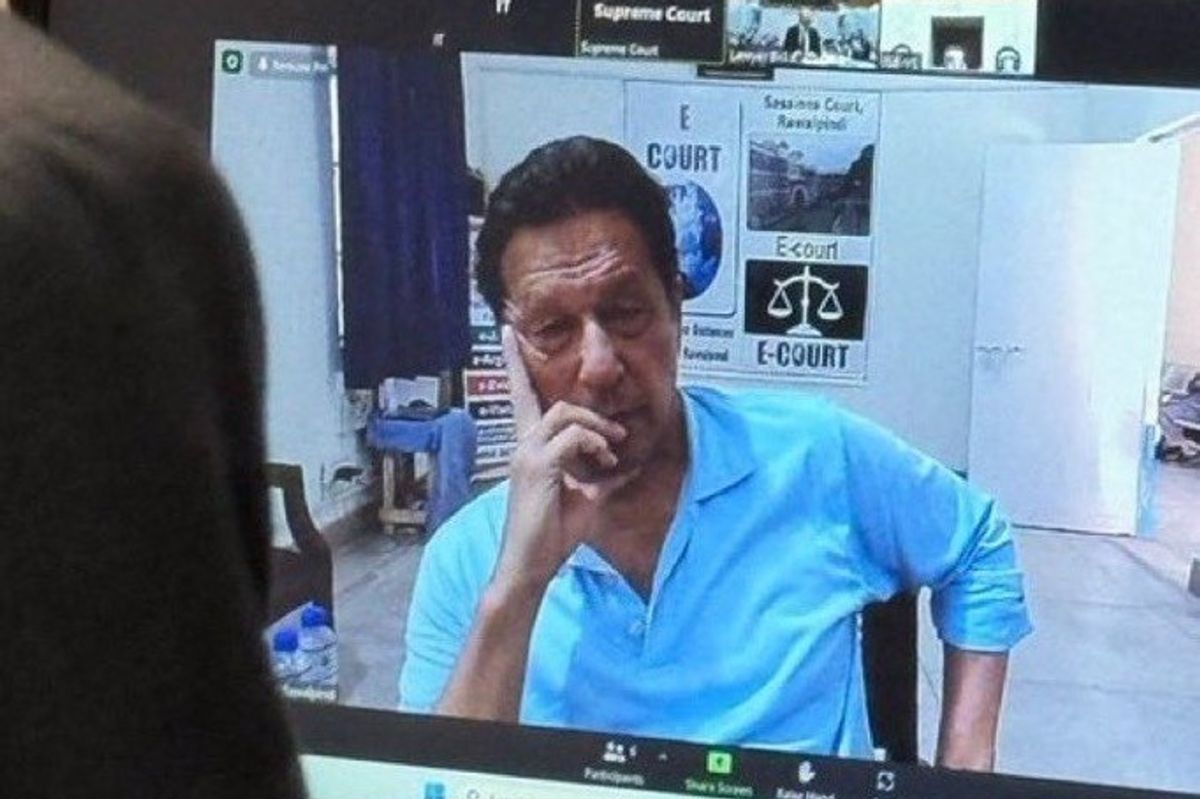
Pakistan’s Supreme Court overturned the convictions of two men on Tuesday in a high-profile terrorism case stemming from the 2009 bombing of a police station in Punjab’s Mianwali. The court cited insufficient evidence and investigative flaws as grounds for the acquittal.
The men, Saleem Zaman and Abdul Hayyee, were sentenced to death by an Anti-Terrorism Court (ATC) in Sargodha for their alleged roles in the Wan Bhachran police station attack.
The bombing and subsequent gunfire killed eight police officers, injured several others, and completely destroyed the station.
In a 21-page judgment authored by Justice Malik Shahzad Ahmad Khan, the court ruled that the prosecution failed to prove the charges “beyond a reasonable doubt".
Justice Jamal Khan Mandokhail and Justice Musarrat Hilali were also part of the three-member bench.
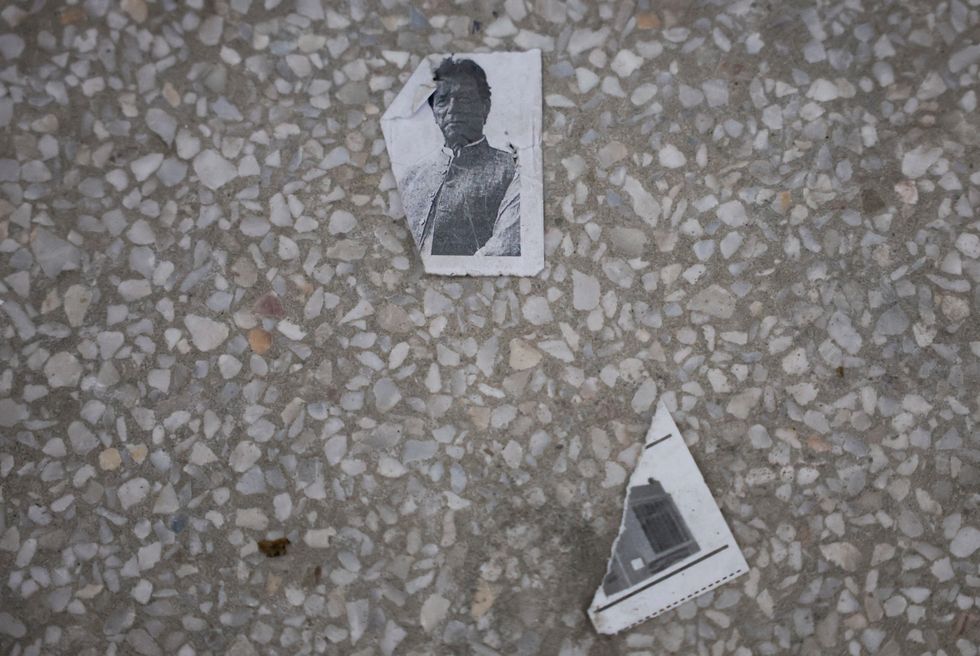
The court’s decision highlighted significant gaps in the prosecution’s case, including contradictions in witness statements, lack of transparency in the identification process, and misrepresentation in the registration of the first information report (FIR).
“We respect the sacrifices of the police but must decide cases based on evidence. Doubt will always favor the accused,” the judgment stated.
Will Imran also get benefit of doubt?
The judgment raises questions about its potential impact on terrorism cases involving political figures, including former prime minister Imran Khan and senior Pakistan Tehreek-e-Insaf (PTI) leaders.
They face charges under the Anti-Terrorism Act of 1997 for allegedly orchestrating attacks on military installations and intelligence offices.
- YouTubeyoutube.com
Law misused
Hafiz Ehsan Khokhar, a Supreme Court advocate and expert in criminal cases, says the primary purpose of the Anti-Terrorism Act of 1997 was to curb terrorism, sectarianism, and extremism.
However, he notes that governments have often misused the law as a tool against their opponents.
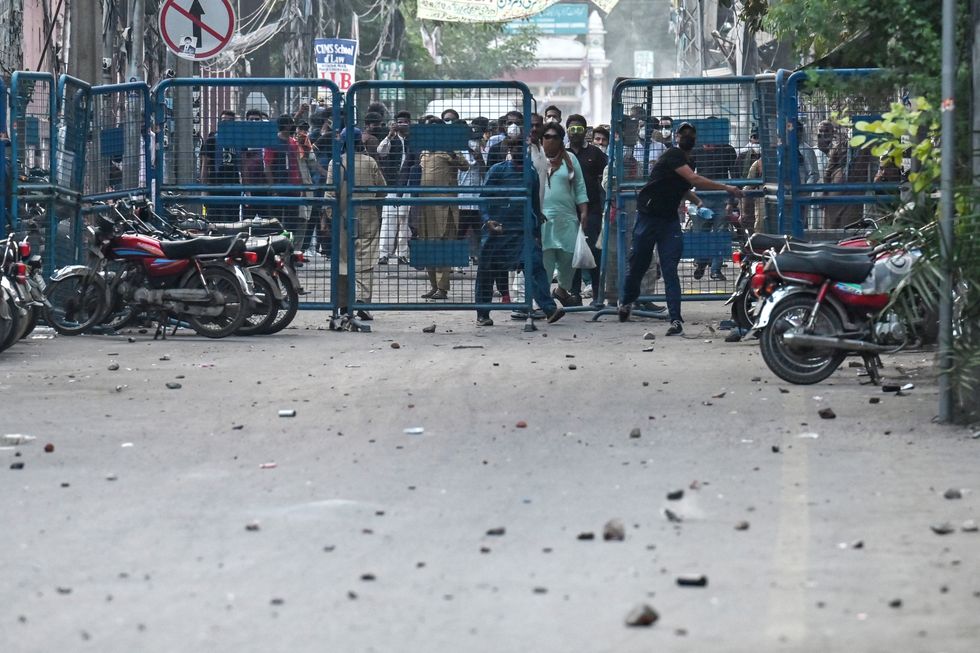
“At the behest of governments, police often file terrorism charges, but when these cases reach the courts, they are dismissed if they fail to meet the legal definition of terrorism,” Khokhar explains.
Advocate Imran Shafiq, who assists the courts in terrorism cases, emphasizes that such cases require absolute clarity in the police report, witness statements, and prosecution arguments. “If there is any doubt, the accused is likely to be acquitted,” Shafiq says.
- YouTubeyoutu.be
He also points out that a five-member larger bench, led by former Chief Justice Asif Saeed Khosa, established strict standards for convictions in terrorism cases. These principles, he adds, guide the courts in evaluating terrorism cases, including those involving PTI members.
Ali Azad, president of the Islamabad High Court Bar Association, underscores the judiciary’s obligation to adhere to every decision made by the Supreme Court.
“Under the Constitution, if one person is granted relief, that relief should extend to everyone in similar circumstances,” Azad says.
Backlog
The ruling comes as Pakistan’s Anti-Terrorism Courts (ATCs) grapple with a backlog of over 2,200 pending cases. Sindh has the highest share, with 1,372 cases, according to a recent meeting chaired by Chief Justice Yahya Afridi.
The Anti-Terrorism Act of 1997 mandates that trials conclude within seven days, but logistical and procedural hurdles have caused significant delays.


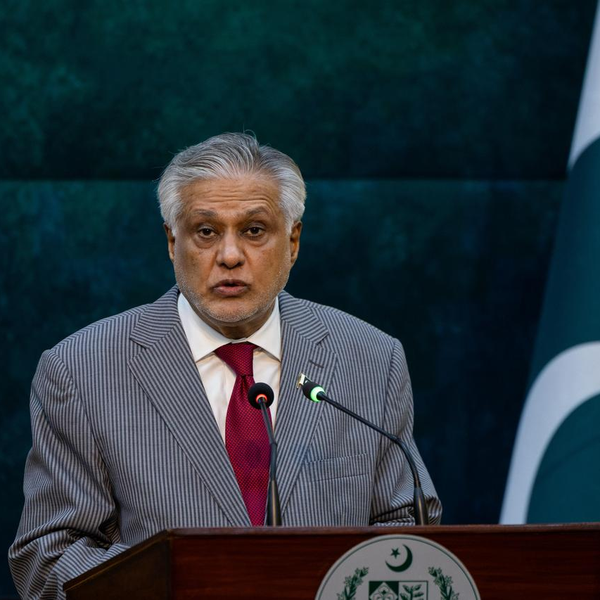
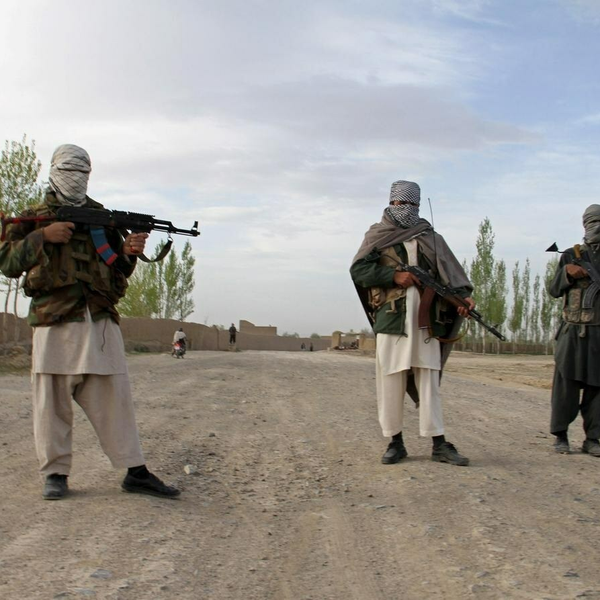

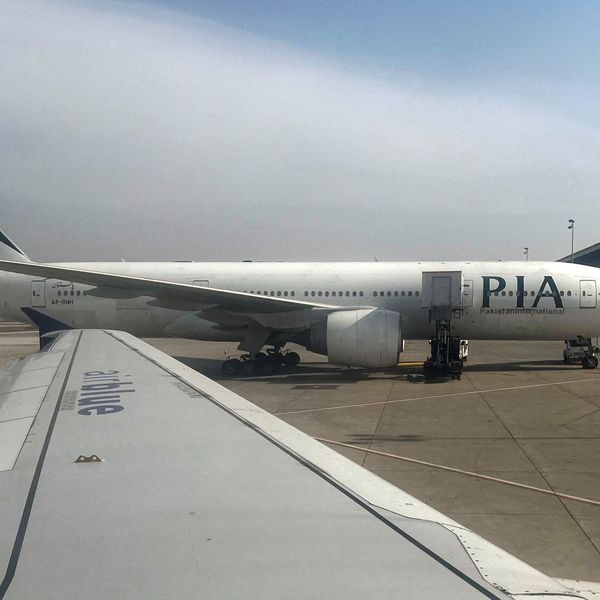

Comments
See what people are discussing